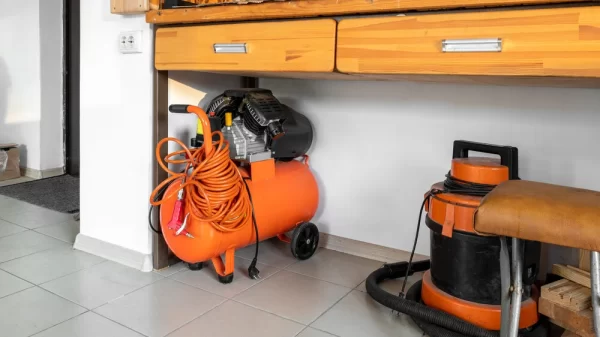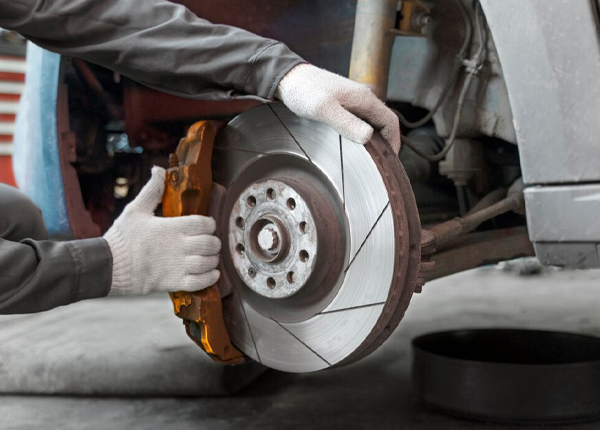What you need to consider when buying an air compressor for your garage
You must get the right air compressor for the job if you’re using your garage compressor. This article helps you find the best for your garage needs so that you don’t waste money on something that won’t work well or last long enough.
The power source
The power source of your air compressor is a big deal. Gas, electric and diesel are all common options. If you’re buying an air compressor for a garage or workshop, you’ll likely be more concerned with the size of the engine than its fuel type. For example:
Gas: This is the commonest type of compressed gas found in vehicle service centers across the country, but it’s also expensive to operate due to its high cost per unit of energy produced. Plus, there are environmental concerns about how much fossil fuels we consume every day to get our cars working again after their batteries die out or run out of juice during long road trips!
Electricity: Electric motors have become commonplace these days because they’re more efficient than gasoline engines—they don’t produce any emissions either—and they don’t need fuel at all; just electricity from your wall socket will do fine for powering up tools around your garage area once those batteries have been charged back up again after being depleted due.
Buy the right air compressor for your garage.
When shopping for an air compressor, you need to consider the size of your garage, your needs and whether or not you want to use it for other purposes outside of just pumping air.
The first thing that comes into play when buying an air compressor is determining how much power it will require. If the job calls for only small amounts of work (like topping off tires), then a smaller model may be all that’s needed. However, if there are other jobs in need of heavy-duty machinery, such as installing insulation or building decks on homes—or even just using it at work—a more powerful machine would be necessary so as not to strain its components over time due to continuous use without proper maintenance procedures being implemented.
What do you need to use the air compressor for?
You first need to ask yourself what you want to use the air compressor for. If you’re looking for an extra hand in inflating tires, tools and equipment in your garage, then a simple compressor will do the job. However, if you plan on doing any work on your car or house, there might be more power for those tasks.
What size tank do you need?
When selecting a compressor, you’ll need to consider the size of your tank. The size of the tank will determine how much air it can hold and how long it can run before needing to be refilled. Larger tanks are more expensive, while smaller ones are cheaper but less efficient at pumping air. A large air compressor might be best suited for large projects like painting or home improvement work where continuous use is necessary; however, if you only want one for occasional use (e.g., moving furniture), then a smaller model may suit your needs better because it takes less time per fill-up than its larger counterpart would take when filling up an entire room with sawdust every day!
Should your air compressor be portable or stationary?
The answer here depends on your needs. A portable one will be ideal if you frequently need to move your air compressor around. However, a stationary model may be the better choice if you plan on moving it infrequently and want something that’ll last a while without breaking down or wearing out rapidly; see more here.
Portable compressors are generally more expensive than stationary ones due to their smaller tanks and higher energy demands (which means more fuel costs). They also tend not to have as much power as stationary units do—meaning they’ll take longer than necessary when starting up, even though they’re less powerful overall compared with their stationary counterparts.
Now that you know all about air compressors, you can decide what type of compressor will work best for your garage.



